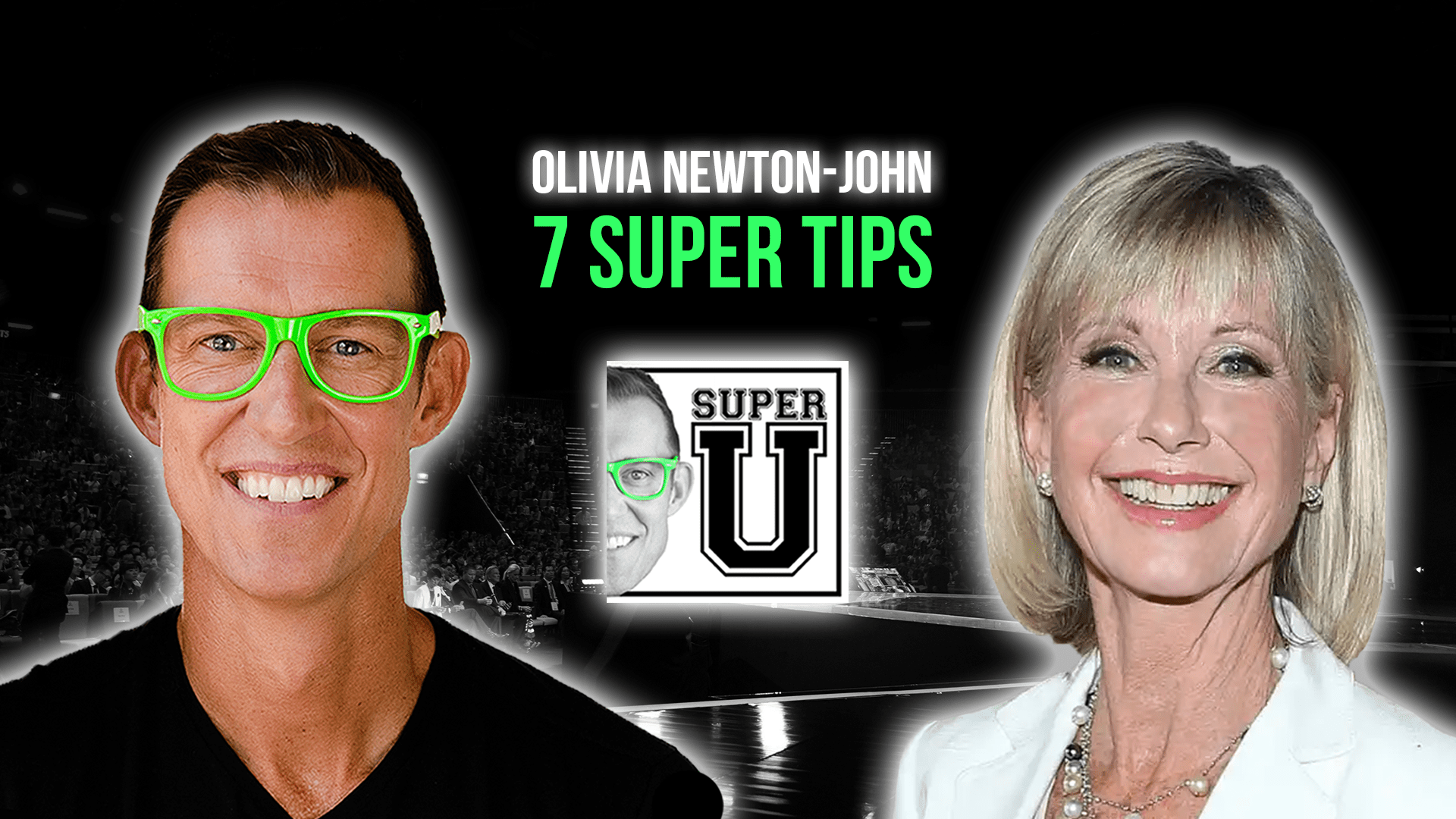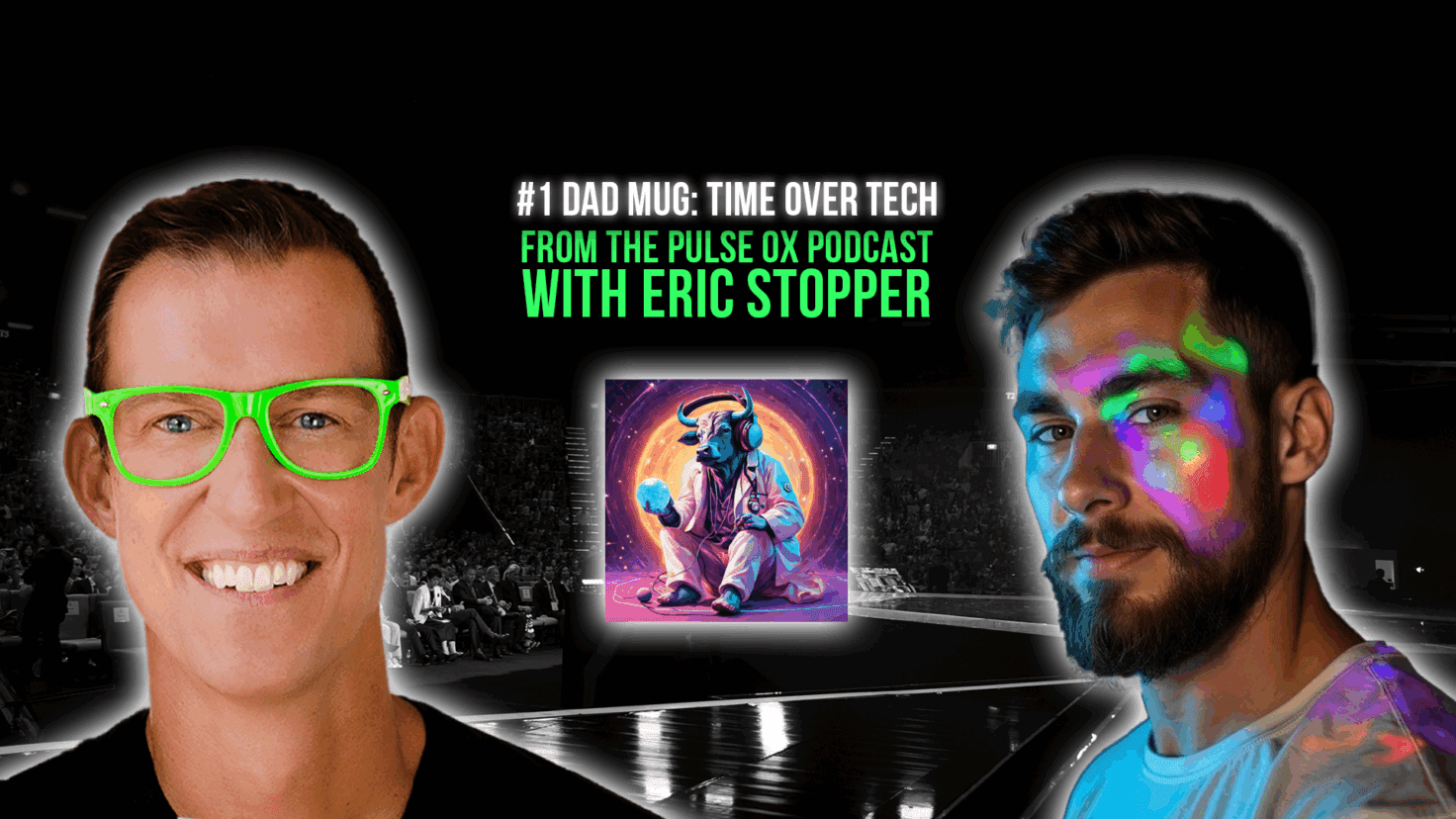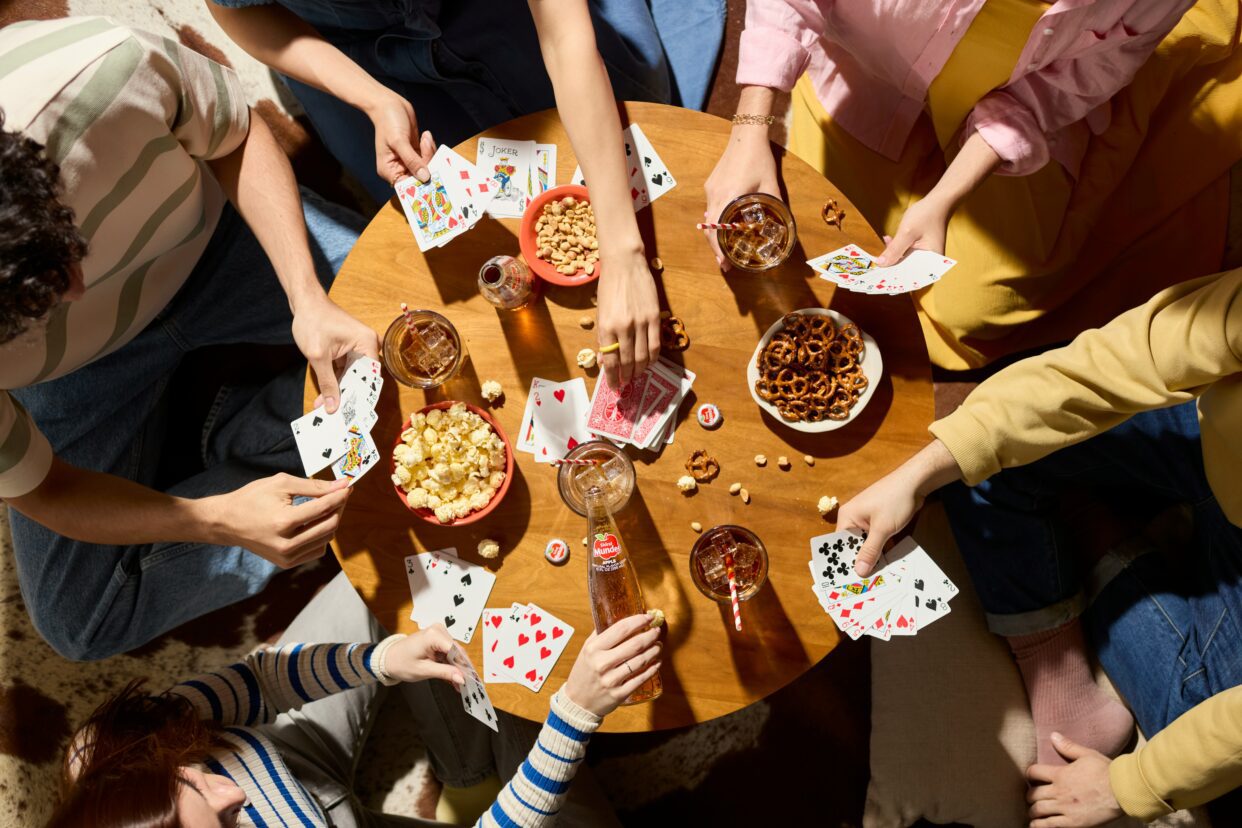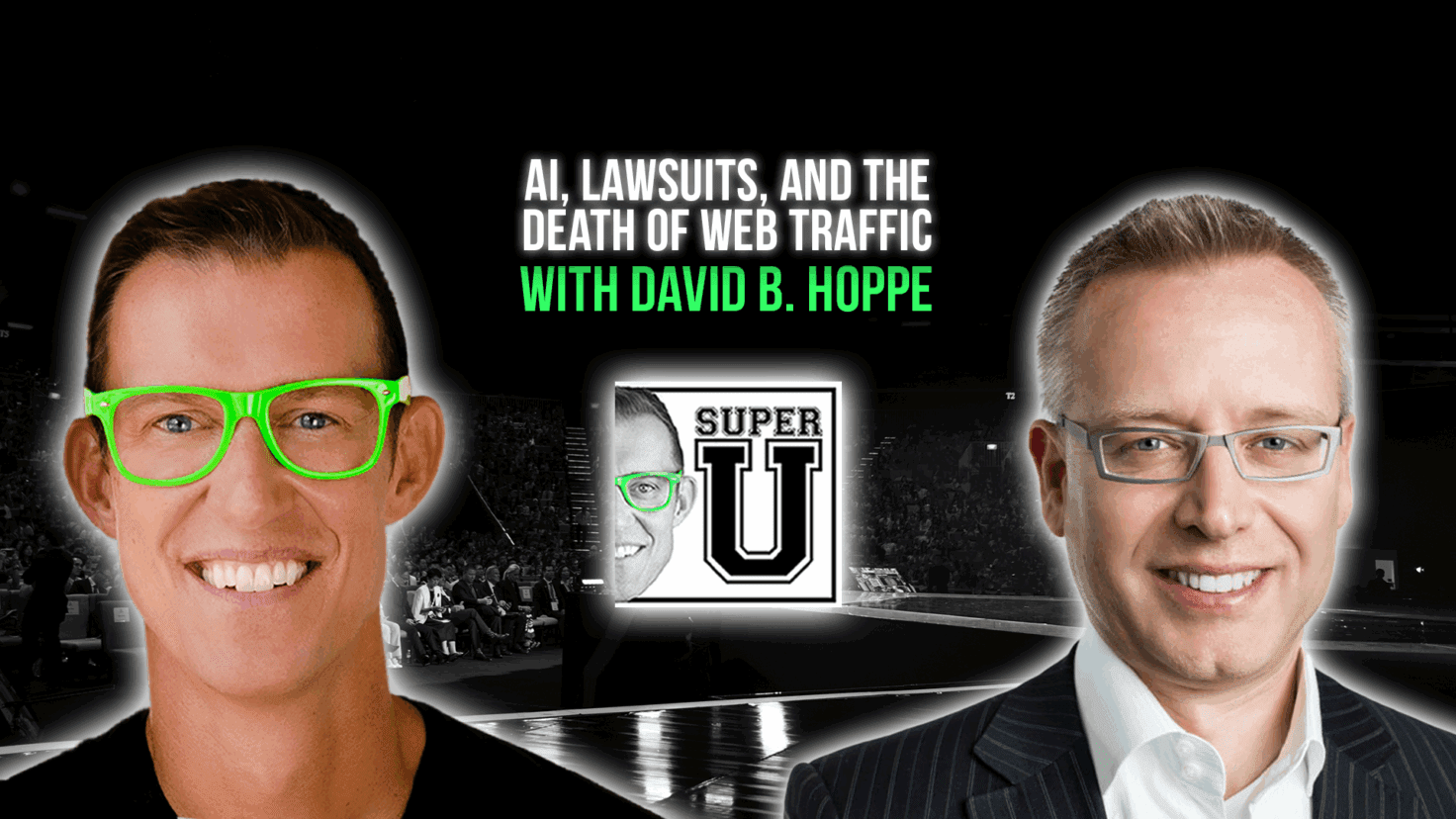Super U Podcast | 7 Super Tips | Olivia Newton-John
In today’s episode, we remember Olivia Newton-John and review some of her advice and insights on how she remained positive throughout her journey. Dame Olivia Newton-John was a British-born Australian singer, actress, and activist. She was a four-time Grammy Award winner whose music career included five number-one hits and many other Top Ten hits on the Billboard Hot 100. In 1978, Newton-John starred in the musical film Grease, which became the highest-grossing musical film ever at the time and whose soundtrack remains one of the world’s best-selling albums of all time. Newton-John, who battled breast cancer three times, was an advocate for cancer research. She also was an activist for environmental and animal rights causes.
5x #1 Bestselling Author and Motivational Speaker Erik Qualman has performed in over 55 countries and reached over 50 million people this past decade. He was voted the 2nd Most Likable Author in the World behind Harry Potter’s J.K. Rowling. Qualman is also the inventor of the bestselling board game Kittycorn.
Need a sneak peek? Below are the main takeaways from the episode.
Super U Podcast | 7 Super Tips | Olivia Newton-John
[5:00] Tip #1
“It’s such a different world. I don’t know that I could compare it. You know, I was living in Melbourne, Australia and I went to a talent contest and like the voice, I guess, won the talent contest, the prize was a trip to London. And I started working in clubs in London and one of my dear friends came over, and we formed a double act, I mean, my life. I don’t think it could be the same now. Maybe I could go on the voice, I guess. But it was a different era. And I worked in some really dingy, horrible nightclubs with Pat, and Olivia, we were for a while. And I gained all that experience. And I think it’s really important if you’re going to if you’re aiming at success that you do the groundwork so that you’re ready, you know because it can be very difficult. My mother was the daughter of a Nobel Prize-winning winning scientist and exploring. And so she was brought up with a lot of discipline. My dad was Welsh. He won a scholarship to Cambridge and was a master in German. And so yeah, they wanted me to go to university, get a degree, my mother say what do you got to do if you don’t get a degree? And I’d started singing by then. So the year that they wanted me to go to college, one of my high school teachers, who I’m ever grateful for, asked him, What should I do? I was being asked to do a television show a local one in Melbourne, or should I finish my schooling? And he said, you know, if you’re going to be concentrating or distracted by your singing, then you, you’re not going to make it last year. So he gave me permission, which is really quite wonderful.”
[6:58] Tip #2
“Oh, no, of course, we can’t. And I’m human. I’m not positive all the time. You know, when you’re going through breast cancer for many years, and you go through a lot of things you really learn grace, and what other people are suffering, I think that’s why I wanted, to help other people. Because I’ve been, I’ve been, I’ve been there and I don’t want other people to have to go through what I have gone through if there’s and if that’s possible at all. So that’s what inspires me.”
[7:39] Tip #3
“I think you know, what you think creates your reality. So yeah, to decision, you have to make that decision, you know, you can be a victim, or you can be a winner and enjoy your life. I mean, my you know, it hasn’t been easy, of course. I mean, I’m human. And I go through the fear and all the things everyone going through cancer or any other difficult diagnosis, which a lot of people are going through, but it’s a choice how you deal with it. So I try to always deal with it in a positive way. And of course, I have my moments, but I have my wonderful husband, who’s the most positive person, in fact, if you go outside, you’ll see next to the pool, I bought him years ago, the sign yes. So he says yes to life until there’s a reason to say no. So he has been a wonderful reinforcer of, of the way I think too.”
[8:41] Tip #4
“You know, I think it was my upbringing. My parents, you know, were never enough. Probably, you know, never good enough. My father said, Well done, that was a huge compliment. So I think always striving to be better, isn’t a bad thing. And my mother too, who came from this really academic family and was disappointed I didn’t go to university, both of them I think were slightly so I always felt I had to if I was going to do it, I had to do it well, and I think growing up in Australia, and never really believing the really good things, only the bad things for me for a long time. And in Australia, it’s very people are very down to earth. And there’s this thing called the tall poppy syndrome where you get kind of chopped down if you get too big for your britches. So it’s a good upbringing in that way. So I think the combination of that and also I remember very early on somebody who I respected I can’t remember exactly where it is now. Say to me, don’t believe all your handouts, don’t believe everything that’s written about you whether it’s really good or really bad. And that kind of rang true for me because you know, you can get I see people getting totally carried away with their fame and it’s fleeting, and I remember being on on stage In my I call it my Britney day, you know, and their fans are going crazy and they all got their torches and those days it was matches and now they you I remember thinking to myself, tomorrow night, it’ll be someone else. And I always had that in the back of my mind so you didn’t allow it to make you too carried away with yourself.”
[10:34] Tip #5
“Well, I think you know, age, obviously, hopefully, you mature and grow from that. But I think that was a very incredibly wise thing to say, Jim is married to Nancy, my dear friend. He’s a very devout Buddhist and she is too. And I love, that philosophy about the acceptance of pain and suffering that we all go through it. And you can grow from those experiences and just accept them. I think instead of fighting them or denying that they happen. You grow from that and you become more compassionate for other people. Because now you understand I mean when I think of things that I thought and said when I was really young compared to the way I think now it’s a totally different person. I mean, we all change and grow. And we, we all say and do stupid things. And it’s part of growth and it’s part of life. And we have to be a little more accepting of that thing in our society right now. We’re so judgmental of everybody’s everything even from when they were like 3040 years ago, and they were a different person. So I think we need to all learn to be a little more compassionate and understanding of each other.”
[11:51] Tip #6
“I think the important thing is to remember who you are and be true to who you are and not try to copy anybody else. You know, you don’t want to be put in a mold and made look and be like everybody else you are you and your individual and find your own style and be yourself I think, and be true to that and of course, learn and grow from all the experience that you know to be true.”
[12:26] Tip #7
“How can you heal when you’re at war with something? How can you be you know, you need to be at peace with your body because stress is like the worst place you want to put you don’t want to put your body into a stressful situation. You want to keep it calm. And I don’t think about it a great deal. I just you to know, I talked to my body and I tried to treat it well. And but I think this is it’s incredibly important how you think about it, I think, you know, I obviously have moments of fear because I’m a human and you know, having had breast cancer for how many years now is it on and off a long time is part of me now you know, it’s like I live with it and I live well with it. And I think that’s another way of thinking about it and you may not ever be able to get rid of every single cell and keep pounding the body with all these chemotherapy drugs and things to try to kill every cell but you can live well with it if you keep it.”
Click here to subscribe and listen to the full episode.
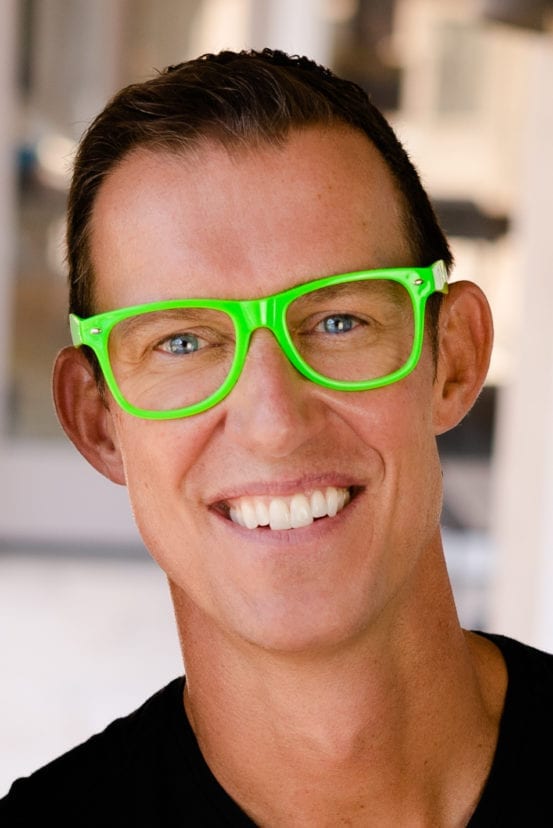
To ensure you don’t miss future episodes, subscribe to our podcast by clicking here >> Super U Podcast. We hope these tips help unlock and unleash your inner superpower!
The Super U Podcast is hosted by #1 bestselling author and Motivational Speaker Erik Qualman.

